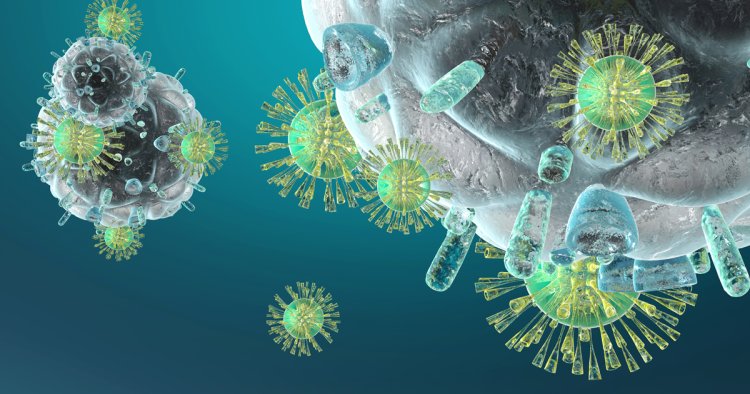Study finds how cancer develops when immune system fails

Rochester, New York: It has been suggested that the immune system is unable to eradicate invasive tumour cells by referring to cancer as "a wound that does not heal."
A recent finding substantiates that a critical chemical has the ability to rewire immune cells--which typically defend against infection and cancer--to become agents that encourage the spread of disease.
It is crucial to investigate the behaviour of these immune cells, which are known as "pro-tumors," as they may be targets for treatments that prevent their detrimental effects, according to the study's corresponding author and research leader at the Wilmot Cancer Institute, Minsoo Kim, PhD.
The Proceedings of the National Academy of Sciences (PNAS) published the discovery.
Kim led a team of scientists investigating the dynamic interactions that occur between cells in the tumor environment, and the underlying factors that cause the harmful transformation of immune cells from good to bad.
They found that PAF (platelet-activating factor) is the key molecule that controls the destiny of the immune cells.
PAF not only recruits cancer-promoting cells, but it also suppresses the immune system's ability to fight back. In addition, they found that multiple cancers rely of the same PAF signals.
"This is what could be most significant," said Kim, a Dean's professor of Microbiology and Immunology at the University of Rochester Medical Center. "Because if we find a treatment that could interfere with PAF, it could potentially apply to many types of cancer."
Much of the team's work focused on pancreatic cancer cells. It is one of the most deadly cancers, with a five-year survival rate of about 12 per cent, and is notoriously hard to treat because pancreatic tumours are surrounded by a toxic stew of proteins and other tissues that protect the cancer from the immune system's natural role to attack invaders. They also studied breast, ovarian, colorectal, and lung cancer cells, using advanced 3D imaging technology to watch the behaviour of immune cells as they swarmed to the cancerous region.
Ankit Dahal, PhD, a member of Kim's lab and a student in the UR Medical Scientist Training Program, designed the research project and wrote the journal article with Kim.















































